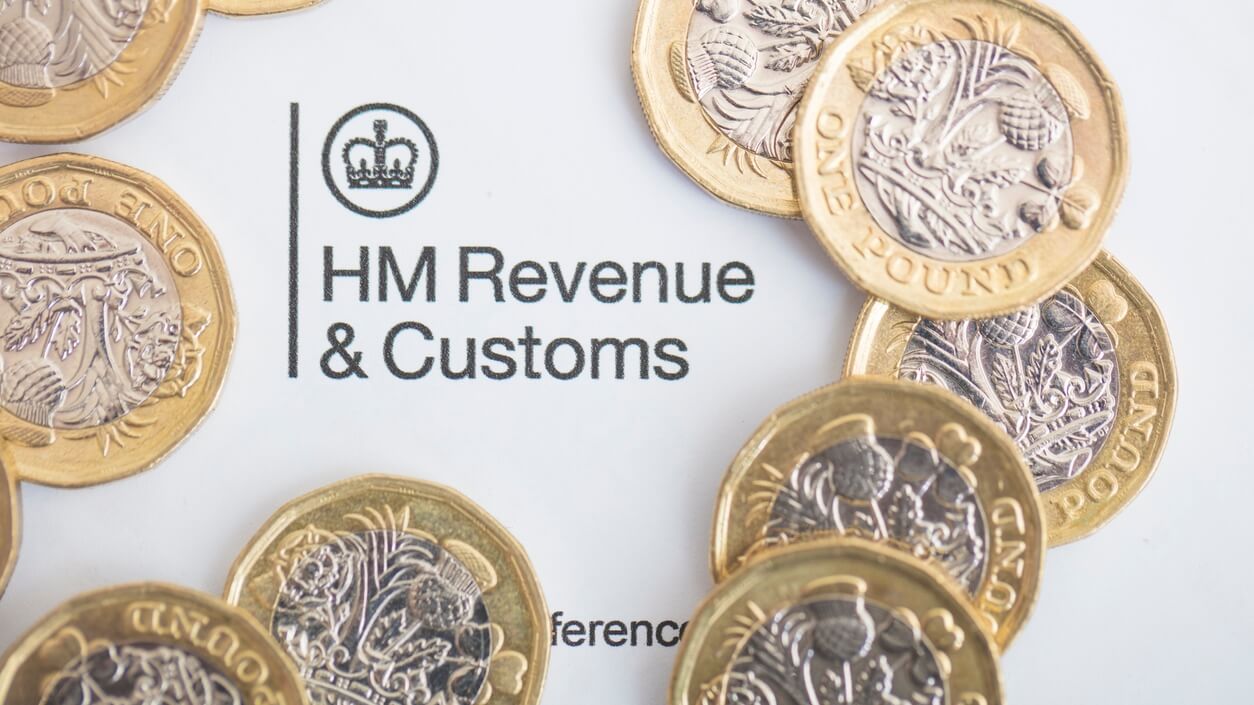
As a UK taxpayer, one of the most common questions you may have is, "How much tax will I pay?" The answer to this question depends on several factors, including your income, tax bracket, and the type of taxes you are liable for.
This may also lead to the question of "How do I figure out exactly how much I owe?" well if you are looking to pay your company’s taxes, this could simply come down to using an online tax return calculator.
As a UK taxpayer, one of the most common questions you may have is, "How much tax will I pay?" The answer to this question depends on several factors, including your income, tax bracket, and the type of taxes you are liable for. This may also lead to the question of "How do I figure out exactly how much I owe?" well if you are looking to pay your company’s taxes, this could simply come down to using an online tax return calculator.
In this blog, we will discuss the factors that influence your taxes in detail and help you understand how to calculate your tax liability accurately.
First, let's consider income tax, the most common form of tax in the UK. The amount of income tax you pay depends on your taxable income, which includes your salary, bonuses, pensions, and other sources of income. The UK has a progressive income tax system, which means that the more you earn, the higher the tax rate you will pay.
For the tax year 2022-23, the income tax rates and brands are as follows:
● Personal allowance: up to £12,570
● Basic rate (20%): £12,571 to £50,270
● Higher rate (40%): £50.271 to £150,000
● Additional rate (45%): over £150,000
This means that if your taxable income is less than or equal to £12,570, you will not be required to pay any income tax. If your taxable income is between £12,571 and £50,270, you will be charged 20% of the amount above £12,570. For example, if your taxable income is £30,000, you will pay £3,686 in income tax (£30,000 - £12,570 = £17,430; 20% of £17,430 = £3,486).
If your taxable income is between £50,271 and £150,000, you will be charged 40% of the amount above £50,270. If your taxable income is over £150,000, you will be charged 45% of the amount above £150,000.
It is important to note that these tax rates and bands can change each tax year, and it is essential to keep up to date with any changes to ensure accurate tax calculations.Next, let's consider National Insurance contributions (NICs). NICs are payable by employees, employers, and the self-employed to fund various state benefits, including the state pension, maternity pay, and sick pay. The amount of NICs you pay depends on your employment status and your earnings.
For employees, NICs are deducted from their gross pay alongside income tax. The NIC rates and bands for the tax year 2022-23 are as follows:
● Employees' primary Class 1 NICs: 12% on earnings between £9,568 and £50,270, and 2% on earnings above £50,270
● Employers' secondary Class 1 NICs: 13.8% on earnings above £170 per week
● Class 2 NICs (self-employed): £3.05 per week for those earning over £6,515 per year
● Class 4 NICs (self-employed): 9% on profits between £9,568 and £50,270, and 2% on profits above £50,270
It is important to note that the rules and regulations for NICs can be complex, and the number of NICs you pay can depend on several factors, such as your employment status, earnings, and whether you have any exemptions or deferments.
It is essential to note that there are several tax reliefs and allowances available that can reduce your tax liability. For example, if you make charitable donations, you may be able to claim tax relief on these donations, which can reduce your income tax liability. Similarly, if you are self-employed, you can claim expenses that are incurred wholly and exclusively for your business, such as office rent, travel expenses, and equipment costs, which can reduce your taxable profits and your tax liability.
To calculate your tax liability accurately, you can use various online tax calculators available on the internet. These calculators take into account all the factors that determine your tax liability, such as your income, employment status, and tax reliefs, and provide you with an accurate estimate of the amount of tax you are liable to pay.In conclusion, understanding how much tax you are liable to pay is crucial for effective financial planning.
By knowing your tax liability, you can budget your finances accordingly and avoid any penalties for non-payment of taxes. The amount of tax you pay depends on several factors, such as your income, employment status, and the type of taxes you are liable for. Using an online tax calculator can help you calculate your tax liability accurately and efficiently. It is also essential to keep up to date with any changes to tax rates and bands to ensure accurate tax calculations.
Thanks for signing up to Minutehack alerts.
Brilliant editorials heading your way soon.
Okay, Thanks!